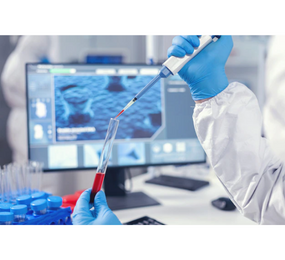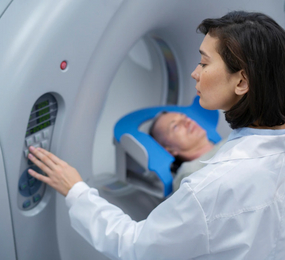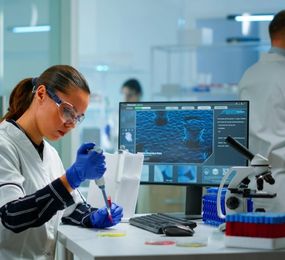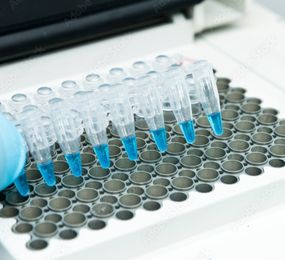As humanity sets its sights further into the cosmos, the concept of biomanufacturing in space takes center stage. This revolutionary idea involves utilizing biological processes to produce valuable bioproducts – from medicines to food – in the unique environment of space. The potential benefits and challenges of this emerging field are truly out of this world.
The Advantages of Microgravity:
The microgravity environment of space offers unique advantages for biomanufacturing:
-
Improved Crystallization: Certain proteins and crystals can form more efficiently and with higher purity in microgravity, potentially leading to better quality pharmaceuticals.
-
Enhanced Cell Culture: Microgravity can influence cell behavior, potentially leading to improved growth and production of specific bioproducts.
-
Reduced Shear Stress: The absence of gravity minimizes shear stress on cells in bioreactors, which can be beneficial for delicate cell cultures.
A Universe of Possibilities:
Biomanufacturing in space could revolutionize various aspects of space exploration:
-
On-Demand Medicine: Astronauts on long-duration missions could have access to bioprinted tissues or even personalized medicine produced in space.
-
Sustainable Food Production: Growing food in space for astronauts is a challenge. Biomanufacturing techniques could offer a way to produce sustainable and nutritious food sources on long space voyages.
-
Advanced Materials: Microgravity may enable the creation of novel biomaterials with unique properties, potentially benefiting both space exploration and Earth-based applications.
Challenges and Considerations:
Despite the exciting possibilities, biomanufacturing in space faces significant hurdles:
-
Cost: The high cost of space travel and maintaining facilities in orbit presents a major challenge.
-
Limited Resources: Limited resources like water and energy require efficient and closed-loop systems for biomanufacturing processes.
-
Radiation Exposure: Protecting bioproducts and manufacturing processes from the harsh space environment is crucial.
The Road Ahead:
Research and development efforts are actively addressing these challenges:
-
Miniaturization: Developing smaller and more efficient biomanufacturing systems is crucial for space applications.
-
Closed-Loop Systems: Designing systems that recycle water and waste for biomanufacturing processes is essential for long-term sustainability.
-
Space Exploration Partnerships: Collaboration between space agencies, private companies, and research institutions is key to advancing biomanufacturing in space.
Biomanufacturing in space is no longer science fiction. While challenges remain, the potential benefits for space exploration and even applications back on Earth are undeniable. As technology and research progress, biomanufacturing in space has the potential to unlock a new era of innovation and self-sufficiency beyond our planet.
To register or learn more about the Forum please check here: https://bit.ly/3WRMLFS.
For more information and group participation, contact us: [email protected]
















